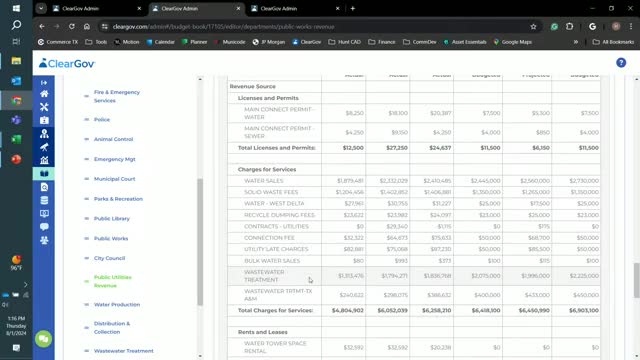University trash service sparks environmental concerns
August 01, 2024 | Commerce, Hunt County, Texas
This article was created by AI summarizing key points discussed. AI makes mistakes, so for full details and context, please refer to the video of the full meeting. Please report any errors so we can fix them. Report an error »

In a recent government meeting, officials discussed the complexities surrounding waste management and water conservation efforts within the municipality. A key topic was the university's independent trash collection system, which operates outside the city's sanitation franchise. This arrangement allows the university to select its own waste hauler, leading to concerns about the impact on city infrastructure. Heavy trash trucks from the university contribute to street wear and tear, a significant issue given the city's efforts to maintain public roadways.
The discussion also highlighted a past incident involving a chemical spill from the university's landscaping operations, which resulted in a blue chemical staining city streets. Although the substance was confirmed to be non-hazardous, it raised questions about the university's waste management practices and their implications for the community.
Additionally, officials addressed the topic of irrigation meters and water conservation. Residents expressed frustration over the base rate charged for irrigation meters, which remains constant regardless of usage. The city is considering an evaluation of its irrigation meter program, with potential incentives to encourage residents to install separate meters for irrigation. This initiative aims to promote better water conservation practices by distinguishing between discretionary and essential water use.
Overall, the meeting underscored the ongoing challenges of managing municipal services effectively while balancing the needs of the community and local institutions.
The discussion also highlighted a past incident involving a chemical spill from the university's landscaping operations, which resulted in a blue chemical staining city streets. Although the substance was confirmed to be non-hazardous, it raised questions about the university's waste management practices and their implications for the community.
Additionally, officials addressed the topic of irrigation meters and water conservation. Residents expressed frustration over the base rate charged for irrigation meters, which remains constant regardless of usage. The city is considering an evaluation of its irrigation meter program, with potential incentives to encourage residents to install separate meters for irrigation. This initiative aims to promote better water conservation practices by distinguishing between discretionary and essential water use.
Overall, the meeting underscored the ongoing challenges of managing municipal services effectively while balancing the needs of the community and local institutions.
Don't Miss a Word: See the Full Meeting!
Go beyond summaries. Unlock every video, transcript, and key insight with a Founder Membership.
✓
Get instant access to full meeting videos
✓
Search and clip any phrase from complete transcripts
✓
Receive AI-powered summaries & custom alerts
✓
Enjoy lifetime, unrestricted access to government data
30-day money-back guarantee

